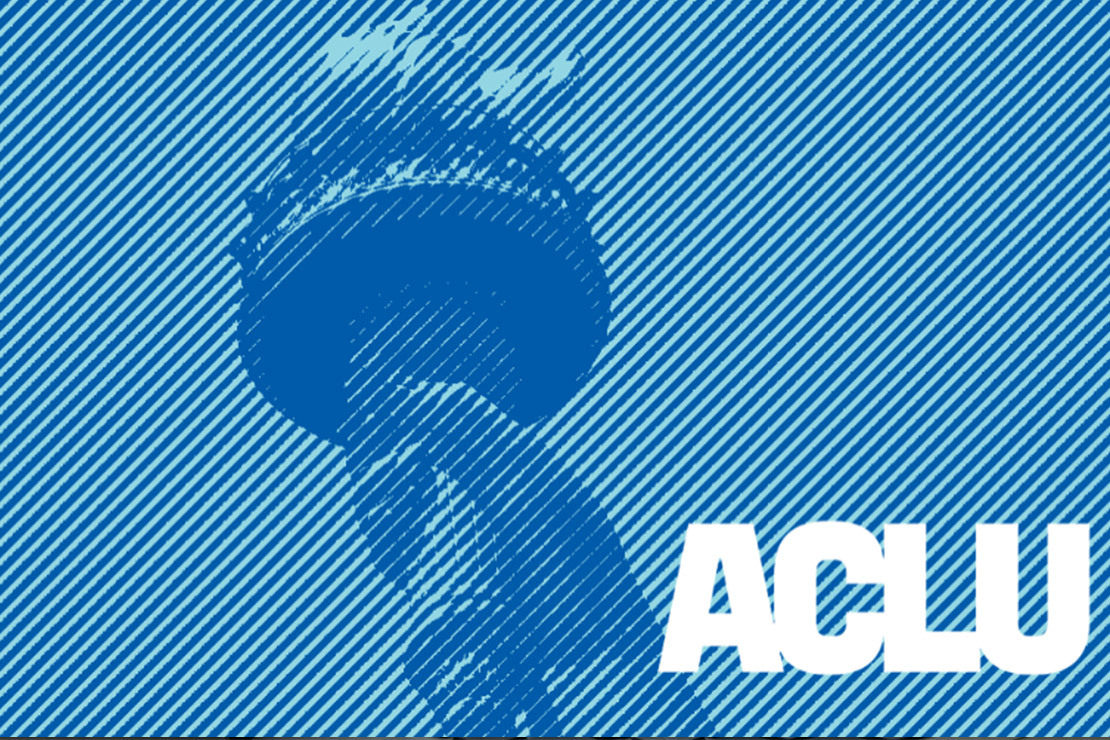
J.F. v. St. Vincent Hospital
What's at Stake
This case in the Indiana Supreme Court concerns whether a case is moot when someone is released from a civil commitment while appealing the commitment order. The ACLU’s State Supreme Court Initiative, alongside the ACLU of Indiana, filed an amicus brief arguing that the appellant’s case is not moot, despite her release from civil commitment, because the Indiana Constitution favors adjudicating appeals by people whose liberty has been curtailed, because it meets a traditional mootness exception for cases that at capable of repetition yet evading review, and because it also meets Indiana’s public interest exception to mootness.
Summary
Individuals who are civilly committed experience a profound curtailment of their liberty. The Indiana Constitution, however, contains several provisions—a right to remedy, a right to appeal, and due process protections—to protect the appeal process for these people whose liberty has been curtailed. These provisions warrant a flexible approach to two mootness exceptions: cases that are “capable of repetition [for the plaintiff] yet evading review” and cases implicating “public interest,” where the claim might recur for someone else. Both mootness exceptions are particularly pertinent for when civilly committed people are released during their appeals.
In March 2023, appellant J.F. was hospitalized for the third time and committed for the second time in three months. The trial court found that she had a mental illness and was gravely disabled. In response, J.F challenged the sufficiency of their evidence and noted that the evidence was outdated. The court concluded that no mootness exceptions applied for JF and held that the court could consider “any information contained in the record” including prior hospitalizations and petitions.
The ACLU, alongside the ACLU of Indiana, filed an amicus brief in July 2024 arguing that J.F.’s case is not moot. The brief argues that the Indiana Constitution favors deciding civil commitment appeals and that mootness exceptions are crucial for civilly committed individuals.
Indiana’s Constitution lacks justiciability constraints even more so than the U.S. Constitution and favors adjudicating appeals. The brief thus argues that first appellate courts should first consider whether the case is “capable of repetition yet evading review,” and then afterwards turn to the public-interest exception at a high level of generality. This two-step process will ensure a proper tilt towards adjudicating civil commitment cases more than dismissing them.
Using the two-step proposed framework, J.F.’s case is capable of repetition given her history of commitment. This renders the public-interest exception unnecessary, but J.F.’s case does, in fact, implicate the public interest in raising a question about the rights of people with serious mental illness.
Legal Documents
-
07/10/2024
Amicus Brief
Date Filed: 07/10/2024
Affiliate: Indiana
Download Document